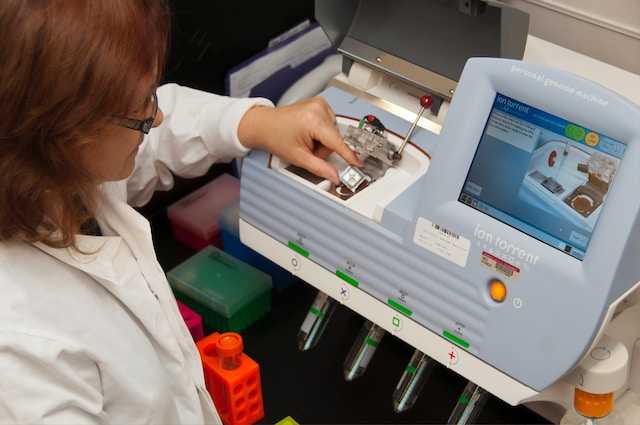Running a healthcare business is no mean feat because it has several areas that require diligent attention. Matching patient expectations for quality care is the most challenging part. You need more than skill, expertise, and experience to give them the best. Offering a broad range of services can take your medical facility a step ahead with patient care.
Whether you operate a small clinic or a multispecialty hospital, adding a diagnostic specialty to your medical practice is a great idea. Besides enhancing patient care, the move can boost your revenues. The market size of the diagnostic laboratories industry in the US was $75.1bn in 2022, with an increase of 2.5%. These numbers show how lucrative the industry is.
The pandemic spurred its growth further, as almost every medical practice realized the need to run a diagnostic center in-house. The trend continues as more and more clinics and hospitals join the bandwagon, taking the national number up to 25,505 as of 2023. If you don’t have a diagnostic and testing center yet, you need to invest in it sooner than later.
Here are a few tips to get started on the right note.
Consider Your Niche
Like any other business, diagnostics also has different niches. Before starting an in-house center, you need to understand these niches and choose the one that aligns with your services. Additionally, you must know the infrastructure and investment requirements of each niche. These include:
Clinical Pathology
Clinic pathology laboratories cover services such as bloodwork, urinalysis, and body fluid testing. Statistics show that more than 7 billion lab tests are performed in the US each year. That’s an indication of how big the segment is. The good thing is that it isn’t capital-intensive yet offers critical data for small expenditures. For a medical facility, it can go a long way in improving the quality of services and patient care.
Radiology or Medical Imaging Centers
Radiology or medical imaging centers provide tests such as MRIs, CTs, and PET scans. Since these are complex modalities, the investment in this niche is relatively higher. You can always start small with a few services and expand your offerings down the road. The niche is apt for facilities like trauma centers and surgical specialties.
Understand the Significance of Accuracy
Accurate diagnosis is the mainstay of effective treatment. It is the first step toward treating a disease as providers get a clear view of the level and extent of the medical issue from diagnostic reports. Whichever niche you choose, you must realize the significance of accuracy because cutting corners can affect your reputation.
Fortunately, achieving accuracy in diagnostics is easier than you imagine. Investing in the right tools, equipment, and skills is the key. For pathology labs, high-quality analytical and laboratory scales are a great start. They ensure accurate measurements for the most delicate tests, translating into reliable reports.
Scales Galore notes that diagnostic labs require investment in both mechanical and electronic scales to ensure precision in measurements and testing. When adding a diagnostic specialty to your clinic, you must start with a checklist of equipment to stay ahead on the accuracy front. At the same time, you need people with the right skills to use these tools for accurate results.
Get Approvals and Licenses
Diagnostic testing requires more than the right equipment and skilled people to perform tests and deliver accurate results. You need to follow and implement a variety of regulations before launching a business. Lab testing in the US is regulated by the Centers for Medicare & Medicaid Services (CMS) through the Clinical Laboratory Improvement Amendments (CLIA). The entity covers 320,000 laboratories in the country, ensuring accuracy, quality, and safety.
All clinical laboratories must be certified and compliant with federal and state regulations. Remember that adding a diagnostic specialty to your clinic or hospital is not just about setting aside space and investing in infrastructure. Besides following the regulatory requirements, you also need to understand the data privacy rules regarding analysis and reporting. Not following them can lead to penalties and loss of patient trust.
Wrapping Up
Setting up an in-house diagnostic facility can keep your medical practice on the right track. Patients get better treatment and appreciate the convenience of well-rounded care in one place. But establishing a diagnostic center takes a good understanding of the requirements, regulations, and accuracy expectations.
Although that sounds like a lot of work, you can cover all fronts with these actionable tips. Implementing them can give you a head start and take you a step ahead with patient care, growth, and reputational advantage.










